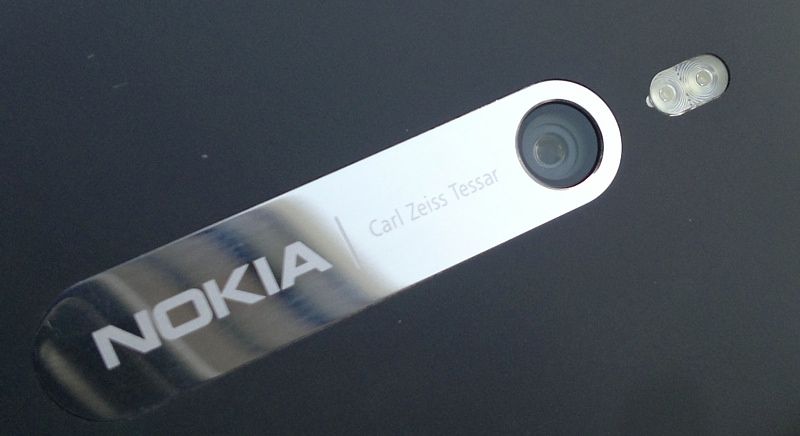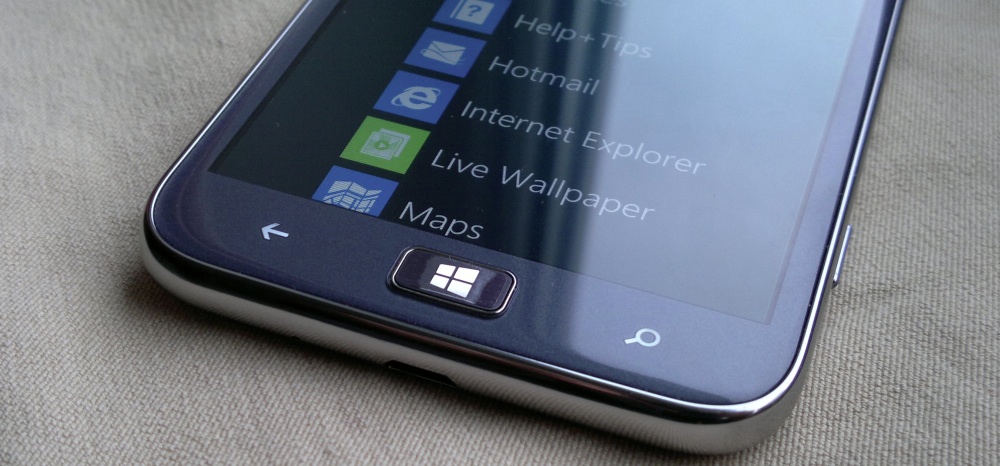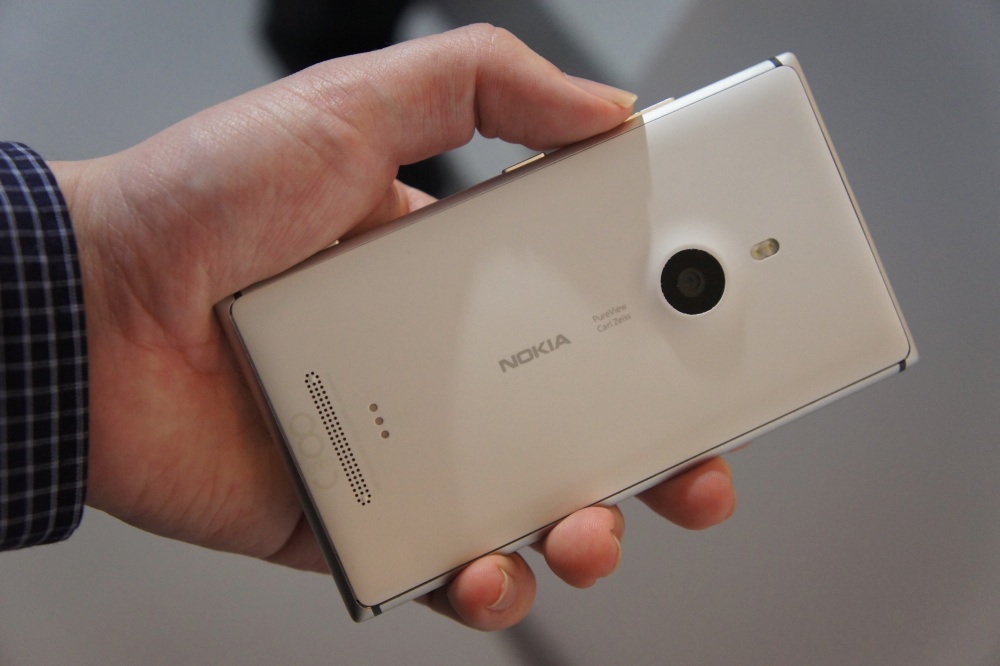Practically speaking, a change of course at this stage is very unlikely for Nokia. It takes time to build up competency with a new platform. Even with the relatively fast release of the Lumia 800 after the announcement of Nokia's Switch to Windows Phone, you'd be hard pushed to argue that Nokia's Windows Phone line didn't really begin to take off until the Lumia 920 arrived eighteen months after the fated Feb 11th 2011 announcement.
That's not to say that a Nokia switch to Android would not have been considered in the past and won't be considered again in the future. And a change in Nokia's position would also have been considered by Microsoft. It's in its best interests to keep Nokia onside, because without it, Windows Phone would be in a lot of trouble.

There may be a number of manufacturers building Windows Phone devices, but only Nokia is focused 100% on Microsoft's smartphone platform, which is why it is currently responsible for more than 80% of Windows Phone shipments. HTC did pick up "favoured" status with the HTC 8X Windows Phone 8 handset, but the 8X is rarely in the news today and it doesn't pick up promotional campaigns or concerted marketing from the parent company. The 8X, and, to a certain extent the 8S, are now yesterday's phones. HTC has moved on, and while it continues to make the 8X and 8S Windows Phone handsets, they're not going to be a strong cheerleader.
Samsung is even less committed. Yes the ATIV S is out there, running Windows Phone 8, but Samsung's Galaxy S4 is breaking every Android record, and the South Korean company isn't going to push the boat out for this nine month old Windows Phone device ahead of its current cash cow. Rumours of a new Samsung WP device to arrive in the next few weeks are in the air, but it's hard to see it be marketed any differently to the ATIV S.
In terms of the big names, only Nokia is offering continued support and marketing on its Windows Phone devices. Without Nokia's PR and marketing budget, Microsoft would have to be spending a lot more to be in a similar position in terms of mind-share than Windows Phone has reached at the moment.
Nokia brings a huge amount of mobile expertise to the table, especially in working at a low level on hardware to help with issues such as maximising battery life, managing memory, and other arcane areas that have a direct affect on the perception of a handset. It is in its best interests to make Windows Phone as useful as possible. That's the case for every manufacturer, but Nokia is in a place where it can directly affect the evolution of the OS.
Microsoft would require more engineering resources to replace Nokia's team if the Finns were to leave Windows Phone. And that's not even considering the loss of corporate knowledge in optimising hardware.

Nokia is a big name. No matter the perception online, there are very few "names" in any category, and in mobile phones Nokia is one such big name. To have it attached to Windows Phone lends the project legitimacy and status. Without Nokia, Windows Phone would not be the "third ecosystem" in the smartphone world. If Nokia was to pull out of the Windows Phone project now then it's unlikely that the momentum from HTC and Samsung would be enough to keep Windows Phone alive.
Simply put, Nokia leaving Windows Phone is not going to happen on Microsoft's watch.
Nokia is committed to Windows Phone - it is too late for it to switch to Android now and still retain a significant presence in the smartphone market. The time from making a decision to changing platform to shipping a high-quality handset is far too long. Android has a plethora of "good enough" devices and any "rush" handset such as the Lumia 800 is only going to be "good enough", and that would not be good enough.
Unless... Nokia has a "skunk works" operation that has been working on Android development since 2011; that has a Nokia UI in place for Android; that has been working on full-blown Android versions of Here Maps, Here City Lens, Nokia Music, and all the other ancillary bits of software that Nokia would need to have in place to make a "Nokia Droid" handset be an actual Nokia. And all of this happening during a period of intense cost-cutting and rationalisation, without a leak or mention to the press in any regard.
Exactly.
Simply put, it's not going to happen on Nokia's watch.

Microsoft may have tied Nokia's fortunes tightly to Windows Phone, but the relationship is in a symbiotic balance, Neither can pull away without seriously damaging the prospects of the other partner. For all the talk of shareholder pressure and changing course to use Android, anyone in Nokia making that decision would realise that the damage caused by a shift in OS would be highly detrimental, perhaps even fatal, to the Finnish company. But the same is true in the other direction.
Nokia and Microsoft, in sharing Windows Phone, have created a pact of mutually assured (success or) destruction. While one lives, so will the other. If one should fall, the position of the remaining partner would be precarious indeed.
